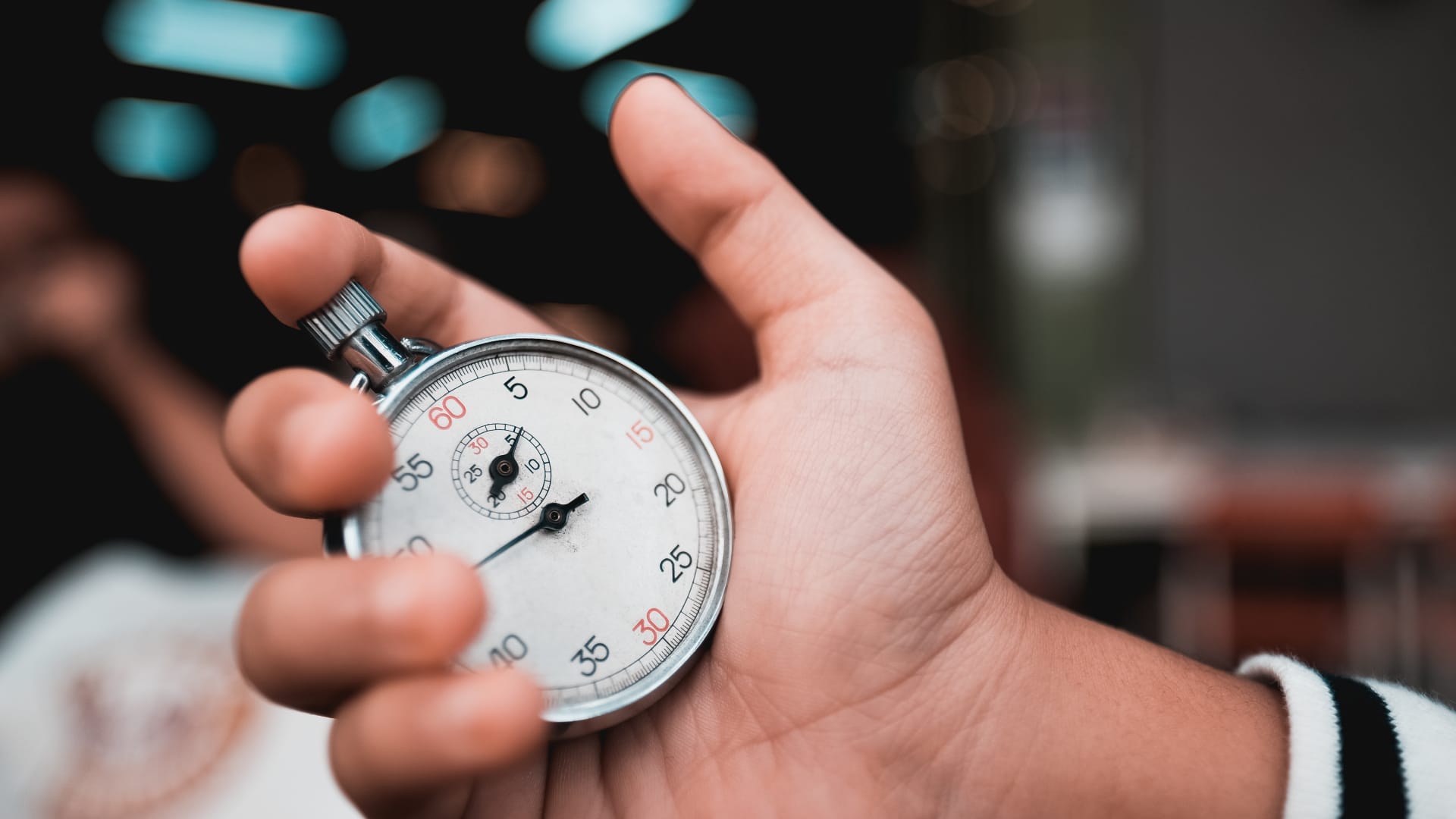Products You May Like
Following recent bank failures and ongoing market volatility, it may be tempting to try to time the market. Of course, buying low can be a good thing. But a continuous mindset of buying and selling in response to market changes may not be.
Why? Because time in the market has shown to be more important than timing the market.
For example, according to Morningstar data, the John Hancock Funds Fundamental All Cap Core Fund Class I Fund had an 11.39% five-year annual return as of March 31. But despite the fund’s impressive performance, the typical shareholder lost 2.86% a year over that period, Morningstar found.
How is that possible? In my view, it has to do with when investors buy and sell. When investors buy after a strong run of performance, they are investing when a fund is relatively expensive.
More from Personal Finance:
Why travel to Europe is no longer as much of a bargain
Student loan forgiveness may cause brief credit score dip
$7,500 electric vehicle tax credit may soon be harder to get
After a downturn, investors may hang with it for a while, but many eventually give up. That’s right — they buy high and sold low.
Then, if the fund recovers — putting on another impressive streak of performance — it may attract another set of investors, who may buy high and later sell low. When this happens over and over again, it means a fund could do very well on average but, on average, its investors could actually lose money.
In fact, research from Eventide Asset Management using Dalbar data shows that the average investor underperformed nearly every asset class, barely even beating out inflation, from 2001-2021.
It’s all about time, not timing
Time — not timing — is a great friend to money. Albert Einstein reportedly called compound interest “the most powerful force in the universe.” Benjamin Franklin is said to have defined it this way: “Money makes money. And money that makes money makes money.”
As a hypothetical illustration of compound interest, the $3 a day you might spend on a cup of coffee, invested for 40 years, could grow to over $215,000 over 40 years (assuming a 6.7% growth rate). Even modest amounts of money have the potential to grow to impressive sums over long periods of time.
People tend to forget, when the market is down, that performance over one year can differ drastically from performance over 10 or 20 years.
It can seem smart to chase a hot return. But what I’ve seen is that investors get nervous when times are hard; they respond to the environment and sell at a lower price.
The market volatility we’re seeing now spikes two kinds of fear: fear of missing out and fear of loss. Both can lead to poor investment behavior.
When you look at the performance of the U.S. stock market going all the way back to its inception in 1871, you don’t see a steady upward trend. Instead, you see a zigzag pattern, with lots of ups and downs.
Ralph Wanger, a successful portfolio manager, once likened it to an excitable dog on a very long leash, darting randomly in every direction, while its owner walks steadily and predictably from southwest to northeast across New York’s Central Park — up, and to the right. His advice, as detailed in Bill Bernstein’s “The Four Pillars of Investing,” was to “keep your eye on the owner, not the dog.”
So, what strategy can help you practice restraint and avoid the timing mindset? I’ve found that many people who invest in alignment with their values are better equipped to stick with their financial plans, rather than buying and selling at the wrong times. Values remain consistent, even when the market fluctuates.
When you have a sense of how practicing those values can contribute to a company’s success (like how a great employee culture allows a company to attract and retain the best people), you’ll be more prepared to keep with an investment through those ups and downs.
Imagine partnering with a portfolio of companies for the long-term that you are proud to own and talk about. That’s what it looks like to shift from a transactional mindset to an ownership mindset, and it can be a powerful driver for long-term success.
— By Robin John, founding member and CEO of Eventide Asset Management
